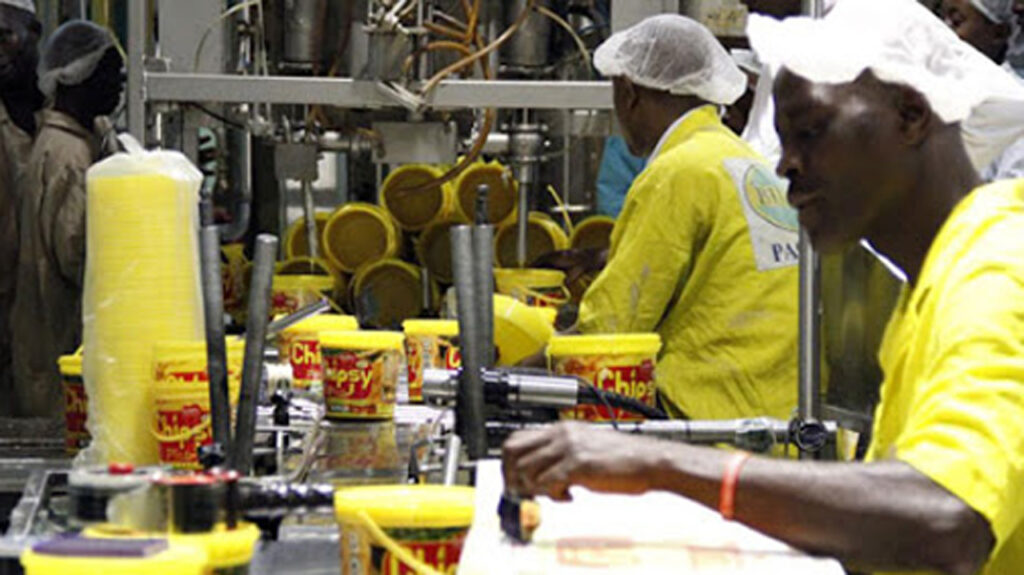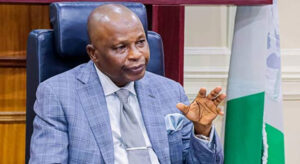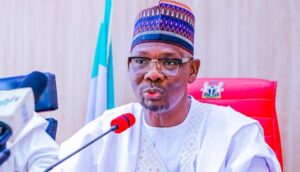The Director General of the Manufacturers Association of Nigeria (MAN), Segun Ajayi-Kadir, has raised concerns about new U.S. tariffs introduced by President Donald Trump. He said these tariffs could seriously affect Nigeria’s manufacturing sector and weaken the country’s economy.
According to Ajayi-Kadir, Trump’s decision is part of his “America First” policy to support American businesses. However, this creates problems for Nigerian exporters who are just starting to grow their sales in the U.S. market. He explained that these exports help Nigeria get more foreign exchange and reduce reliance on oil.
The U.S. is a major trade partner for Nigeria, making up almost 7% of the country’s non-oil exports. In 2024, trade between both countries reached ₦9.59 trillion, with Nigeria exporting goods worth ₦5.52 trillion. The new 14% tariff could damage this relationship, especially as Nigeria struggles with falling oil prices and a tight national budget.
Ajayi-Kadir warned that the tariff will make Nigerian goods more expensive in the U.S., reducing their demand. Sectors like agro-processing, pharmaceuticals, chemicals, and metals, which depend on U.S. buyers, could be badly affected. Processed agricultural products like cocoa, sesame seeds, and ginger—which had been doing well—might see fewer exports. In 2024, Nigeria earned ₦4.42 trillion from agricultural exports, and the U.S. was one of the top buyers. The new tariff could cut up to ₦2 trillion from this figure each year.
He also said the policy could cause job losses in Nigeria. Companies may reduce production or fire workers to cope with higher costs. Small businesses and those in export-focused areas would suffer the most. Nigerian firms working with global supply chains could lose business if U.S. partners start looking elsewhere.
Lastly, Ajayi-Kadir warned that these changes might scare away foreign investors. In 2023, Nigeria’s manufacturing sector brought in over $1.6 billion in investments. This number could drop in 2025 if the government doesn’t take smart steps to support the industry.
He called on the Nigerian government to create a better business environment. He urged regulatory agencies to improve their support and asked the Nigerian Ports Authority not to raise port fees. He also said a new 4% charge being considered by Customs should be canceled to ease the pressure on exporters.







